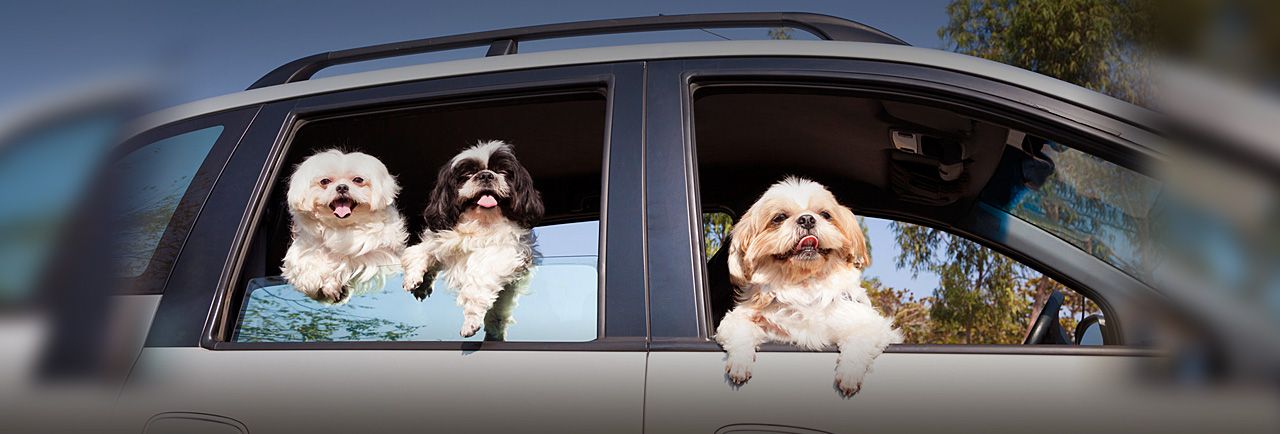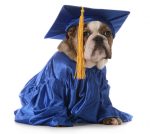 The Bichon Frise is a small but sturdy little dog with fluffy fur and dark eyes that are irresistible and can be a great companion. But these dogs are not lap dogs. In fact, they are active and need lots of play and exercise. They are cheerful, happy, and remind people of cotton balls.
The Bichon Frise is a small but sturdy little dog with fluffy fur and dark eyes that are irresistible and can be a great companion. But these dogs are not lap dogs. In fact, they are active and need lots of play and exercise. They are cheerful, happy, and remind people of cotton balls.
History
The Bichon Frise dates back to the 13th century and is a descendant of the Water Spaniel. This breed was transported around by Spanish sailors and traded with various countries. It eventually became a favorite among the French royal courts in the 16th century and can be found in paintings by Spanish artists.
In the 1950s the Bichon gained popularity in the United States and was recognized by the AKC in 1973.
Appearance
This is a small dog and weighs around 10lbs. The skull is rounded and the muzzle is not pointy like some other breeds. The tail is often groomed to be long and curly. Bichons have dark eyes and a black nose that contrast the light fur.
The fur has two layers, a coarse and curly outer coat and a soft silky dense undercoat. Bichons are often white but there are apricot and gray fur variations. The head and legs are proportioned to the back which cuts down on back problems.
Personality
The Bichon Frise loves human company but it also independent and very smart. They are bold, affectionate, and gentle, and lively. Bichons are not as barky as some other breeds and they tend to be easy to train. They are social dogs that like to play, please their owners, and be part of the family. If you can take your Bichon everywhere they will be content. They can be tough to housebreak but with consistent rules, training, and a schedule there shouldn’t be a problem. These dogs also get along well with children which makes them a good family pet. Exercise, walks, and play time assure that a Bichon Frise will be well-behaved and an excellent companion.
Bichons sometimes get a burst of energy which has been coined “The Bichon Blitz.” Once in this mode they will zoom and buzz around the house frantically at full speed and bark till they are out of energy. Usually this lasts anywhere from a minute to 5 minutes. Don’t be shocked to find your Bichon bouncing off the walls or using the couch and chairs as a springboard for quick turns as she zooms around.
Health
Bichons are fairly healthy and need regular grooming. They do shed and need to have loose fur removed from their coat to prevent matts and tangles. They are considered to be hypoallergenic because their dander and saliva does not seem to create as much of an allergic reaction as some other breeds. The average lifespan is 13 years but the oldest Bichon lived to be 19 years old.
They are prone to liver problems and may sometimes have an autoimmune problem known as AIHA. AIHA is autoimmune hemolytic anemia and is a condition where the dog’s immune system attacks its own red blood cells which can lead to severe anemia. Anyone owning a Bichon should be aware of this condition and know the signs and symptoms.
Photo courtesy of Wikipedia


 PetsWelcome
PetsWelcome



I wish you could see my Bichon Buddy. He is quite the head turner, extremely smart, and loved by all. He is a pet therapy dog and he loves working in hospital, nursing homes and in the reading program in the nearby elementary school.
I have a Bichon Frise…Zoe is 10 and the love of my life….I have her since she was 6 mos. old…She now (for the past 4 yrs.) has a sister…Dixie is going to be 5 next week.. She is a lab/feist mix..She looks like a mini lab with the same sweet temperament…She is a rescue….I love my babies very dearly and they’re my 4-legged children….
I think she looks adorable just the way she is… My Zoe isn’t a show dog and I groom her myself…but take her & Dixie (lab/feist) in to get their nails cut…I love my Zoe’s hair just the way it is…..She’s my 4-legged baby and not a show dog…with the most loving, sweetest personality….
Do the Maltese next!